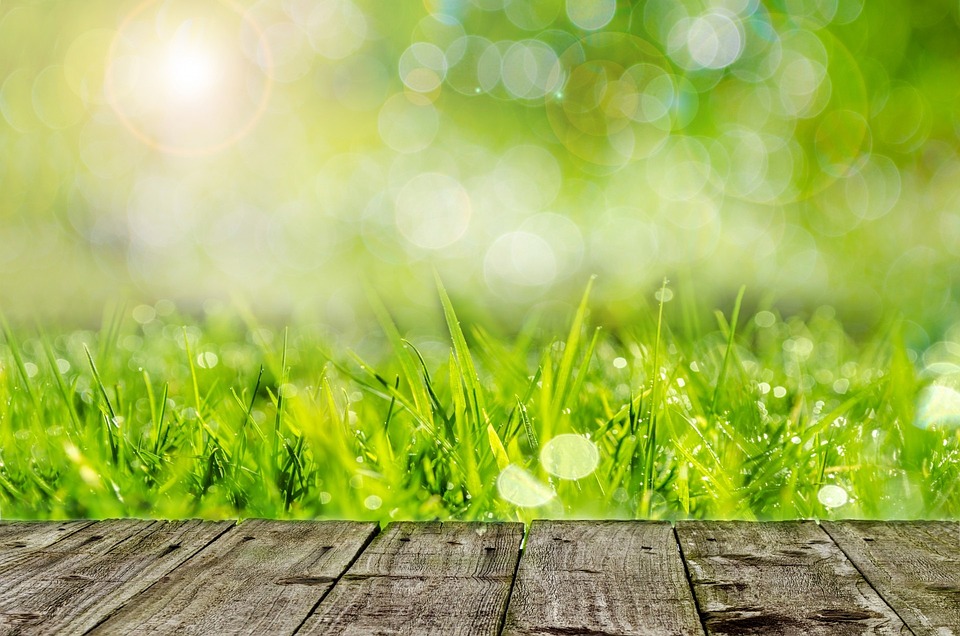All Categories
Featured
Table of Contents
The Joy of Harvesting Organic Fruits from Your Garden
One of the most rewarding aspects of organic gardening is the ability to harvest your own fresh and delicious fruits. There is nothing quite like the taste of a sun-ripened strawberry or a juicy apple picked straight from the tree in your own backyard. This experience not only provides you with a bountiful and flavorful harvest, but it also allows you to connect with the natural world around you and appreciate the hard work that goes into growing your own food.
When it comes to growing organic fruits, there are endless possibilities. You can choose to grow a variety of berries, such as strawberries, blueberries, and raspberries, which are known for their antioxidant-rich properties and vibrant flavors. Or perhaps you are more inclined to cultivate fruit trees, like apple, peach, or pear, which can provide an abundance of delicious fruits for years to come.
One of the key advantages of organic gardening is the absence of harmful pesticides and chemicals, which can contaminate conventionally grown fruits. By growing your own organic fruits, you have full control over what goes into your soil and on your plants, ensuring that you and your family are consuming the healthiest and safest produce possible.
To maximize the success of your organic fruit harvest, it is important to provide the proper care and maintenance throughout the growing season. This includes regular watering, proper fertilization using organic amendments, and timely pruning to promote healthy growth and abundant fruiting.
When the time finally comes to harvest your fruits, it is important to do so at the peak of ripeness. This is when the flavors and nutrients are at their best. Simply pluck the fruits gently from the plants or trees and enjoy the fruits of your labor!
Growing and harvesting organic fruits is not only incredibly satisfying, but it also allows you to take control of your food and enjoy the freshest, healthiest produce possible. So why not start planting your own fruit trees or berry bushes today and experience the joy of harvesting organic fruits from your very own garden?
Related Products:

The Benefits of Companion Planting in Organic Gardening
Companion planting is a technique that involves planting different crops together to maximize their growth potential and deter pests. This practice has been used for centuries in organic gardening and offers numerous benefits.
One of the main advantages of companion planting is pest control. Certain plants have natural repellent properties that can help protect neighboring crops from harmful insects. For example, planting marigolds with tomatoes can repel nematodes and aphids, while planting basil with tomatoes can deter tomato hornworms.
Companion planting also improves soil health and nutrient availability. Some plants have the ability to fix nitrogen in the soil, which benefits neighboring crops that require high nitrogen levels. For instance, planting legumes, such as peas or beans, with leafy greens can enhance their growth and leaf production.
Furthermore, companion planting can attract beneficial insects, such as bees and butterflies, which are essential for pollination. By creating a diverse garden ecosystem, organic gardeners can ensure a healthy and abundant harvest.
In addition, companion planting can enhance the flavors of certain crops. For example, planting carrots with onions can improve the taste of both vegetables. This practice is often used in organic herb gardening, where herbs like basil and thyme are planted alongside vegetables to enhance their flavor profiles.
Overall, companion planting is a powerful organic gardening technique that offers a range of benefits. By harnessing the power of plant partnerships, gardeners can create a thriving and sustainable garden ecosystem.
Recommended Reading:

Embracing Diversity: Growing Organic Flowers from Around the World
When it comes to organic gardening, most people focus on growing fruits and vegetables. However, the beauty and diversity of flowers should not be overlooked. Embracing the world of organic flowers can bring color, fragrance, and even therapeutic benefits to your garden.
One of the joys of organic flower gardening is the wide range of species and varieties available from around the world. From the delicate cherry blossoms of Japan to the vibrant tulips of the Netherlands, each flower carries its own unique story and cultural significance.
By growing organic flowers from different regions, you can create a stunning display that showcases the rich tapestry of global floral diversity. Consider planting African marigolds for their vibrant orange hues or English lavender for their calming fragrance. Mexican sunflowers, with their cheerful yellow petals, can add a touch of sunshine to your garden.
When growing organic flowers from different parts of the world, it's important to research their specific growing requirements. Some may prefer sunnier spots, while others thrive in shaded areas. Understanding each flower's needs will help you create the optimal growing conditions for a successful garden.
Additionally, organic flower gardening provides an opportunity to support local environments by attracting beneficial pollinators. Bees, butterflies, and hummingbirds are essential for the pollination process, and by cultivating a diverse range of flowers, you can create a vibrant ecosystem that supports these important creatures.
So, why limit your organic garden to just fruits and vegetables? Embrace the diversity of flowers from around the world, and let their beauty brighten up your space while nurturing the environment.
Recommended Products:
Sustainable Gardening: 10 Essential Tools for Organic Gardeners

Sustainable Gardening 10 Essential Tools for Organic Gardeners
More about organic gardening: Recommended Reads
Natural Fertilizers: The Role of Pollinators in Organic Gardening
10 Essential Tools for Organic Gardeners
Copyright © 2024 organic gardening - organic gardening All Rights Reserved.
Latest Posts
10 Genius Ways to Store Bread
Digital Detox: Weighing Benefits Against Challenges
Exploring the Speed of Sound in Different Mediums